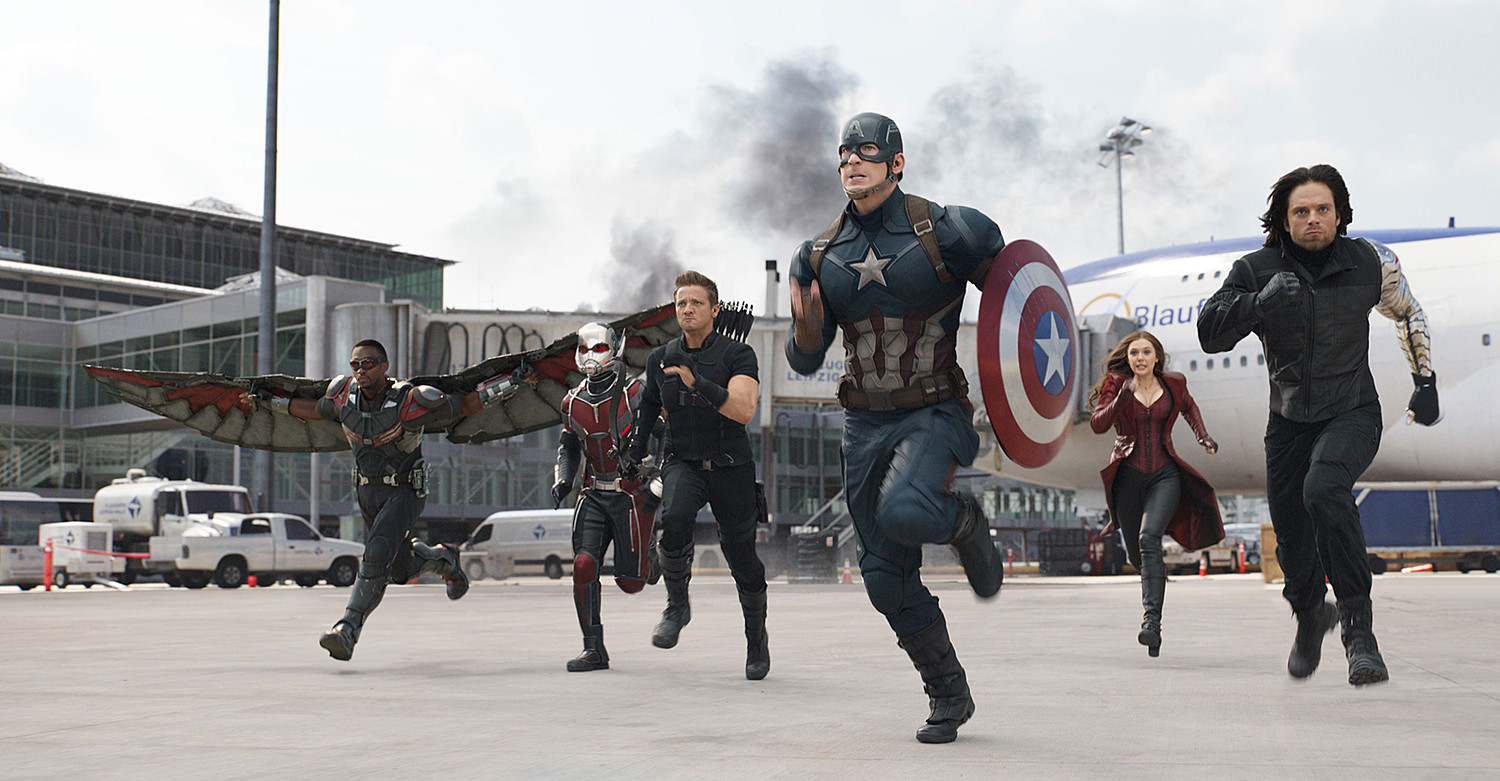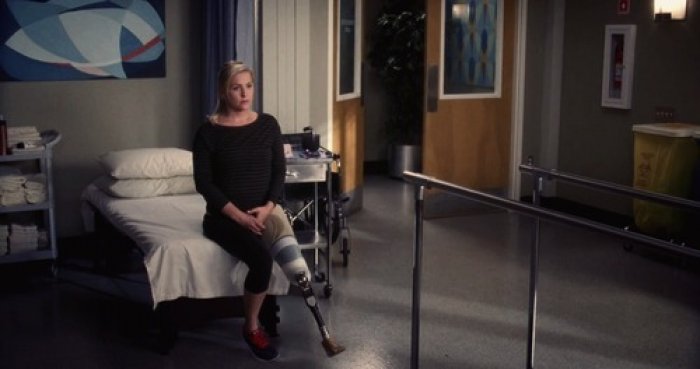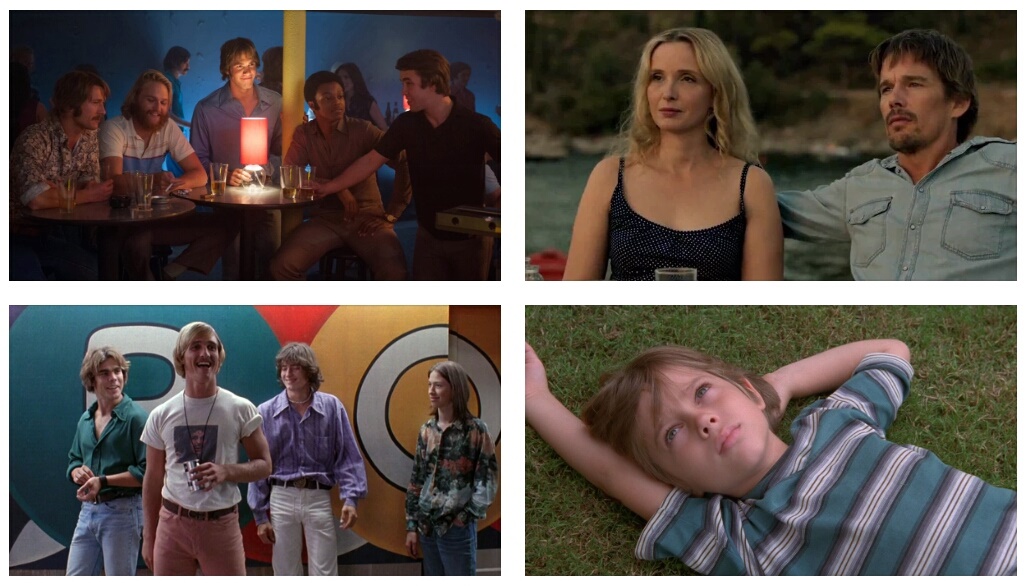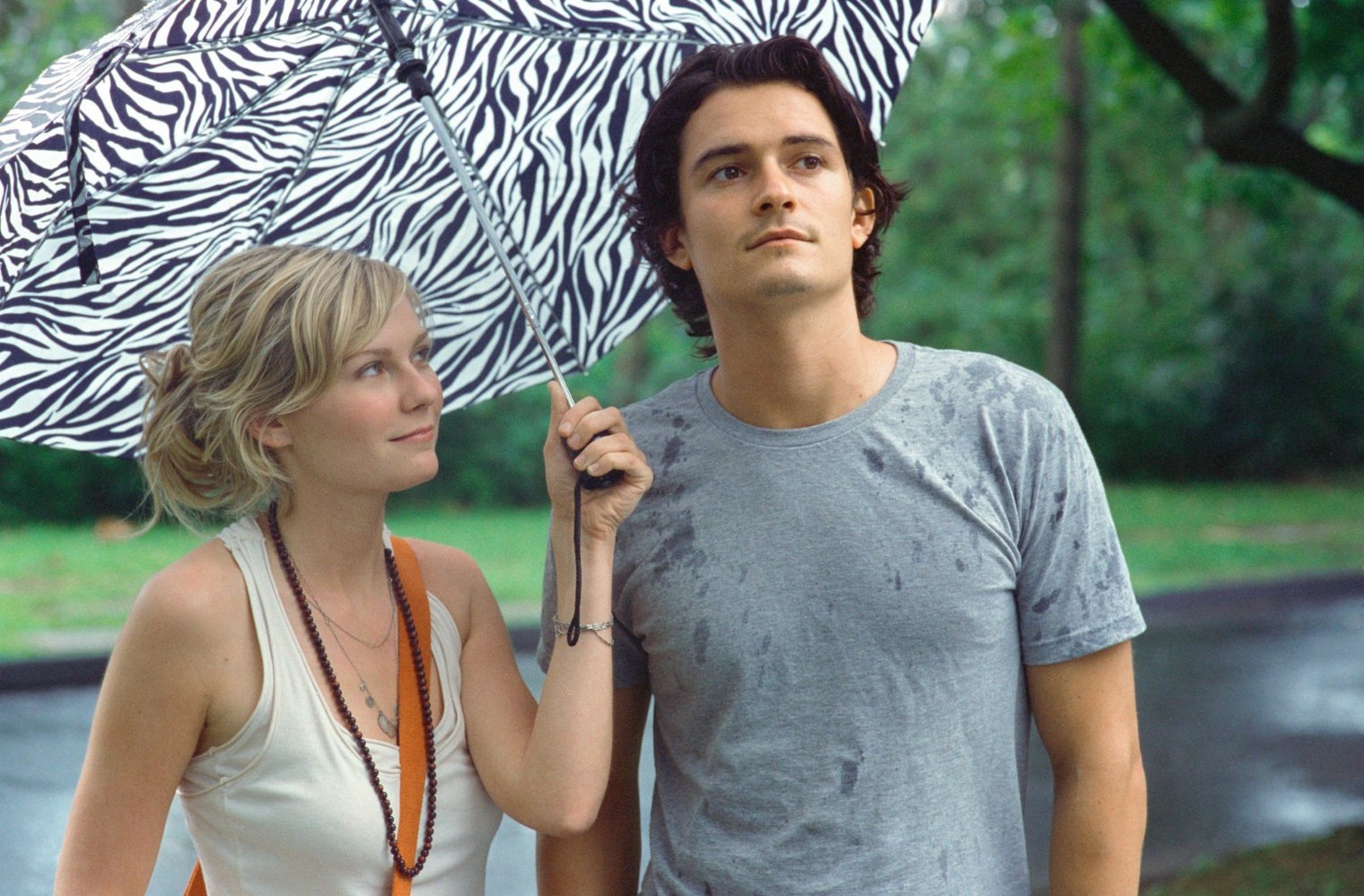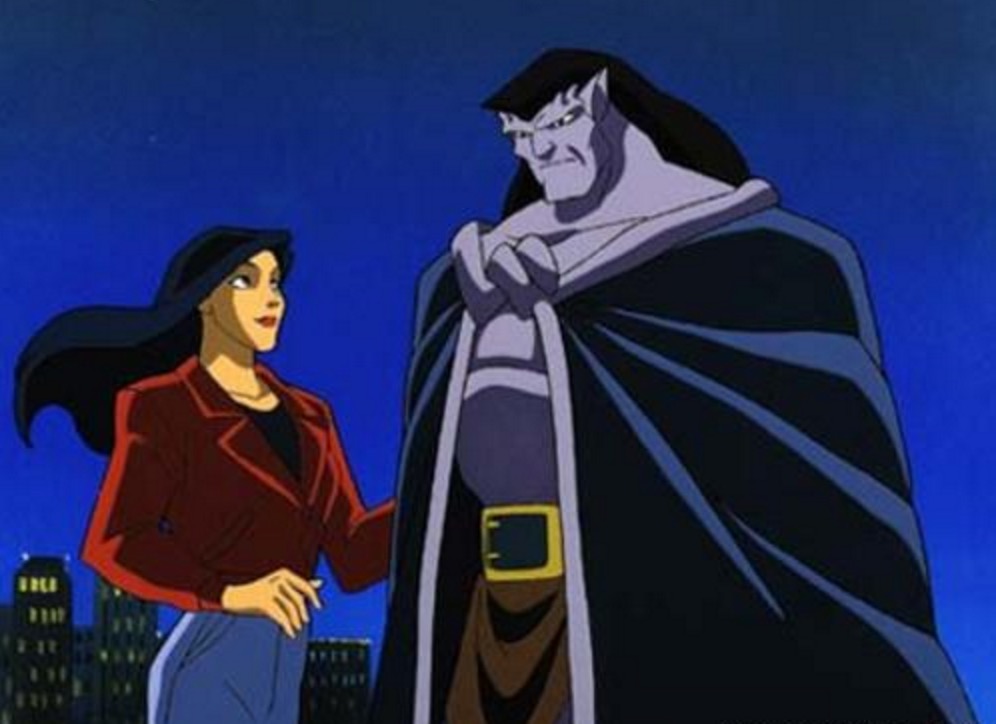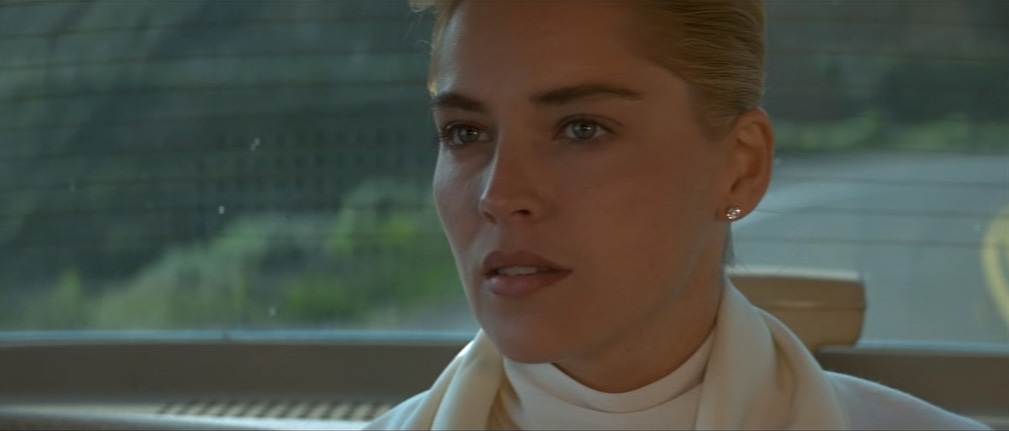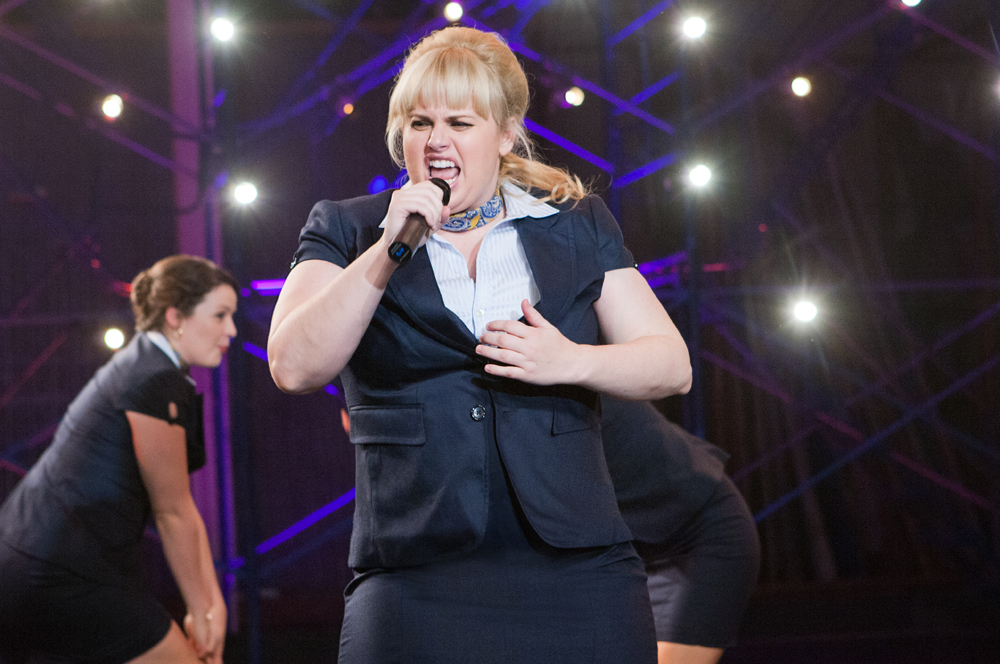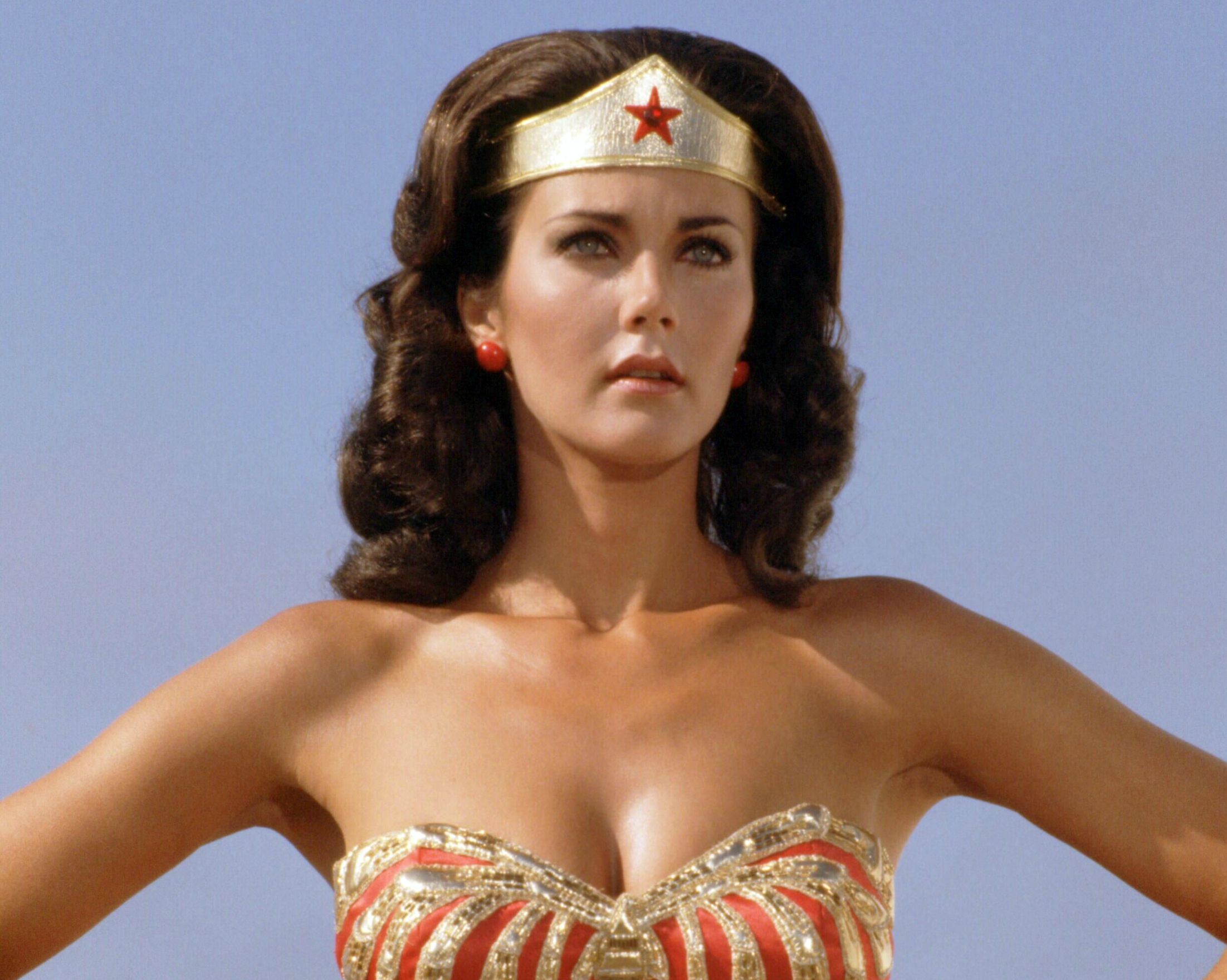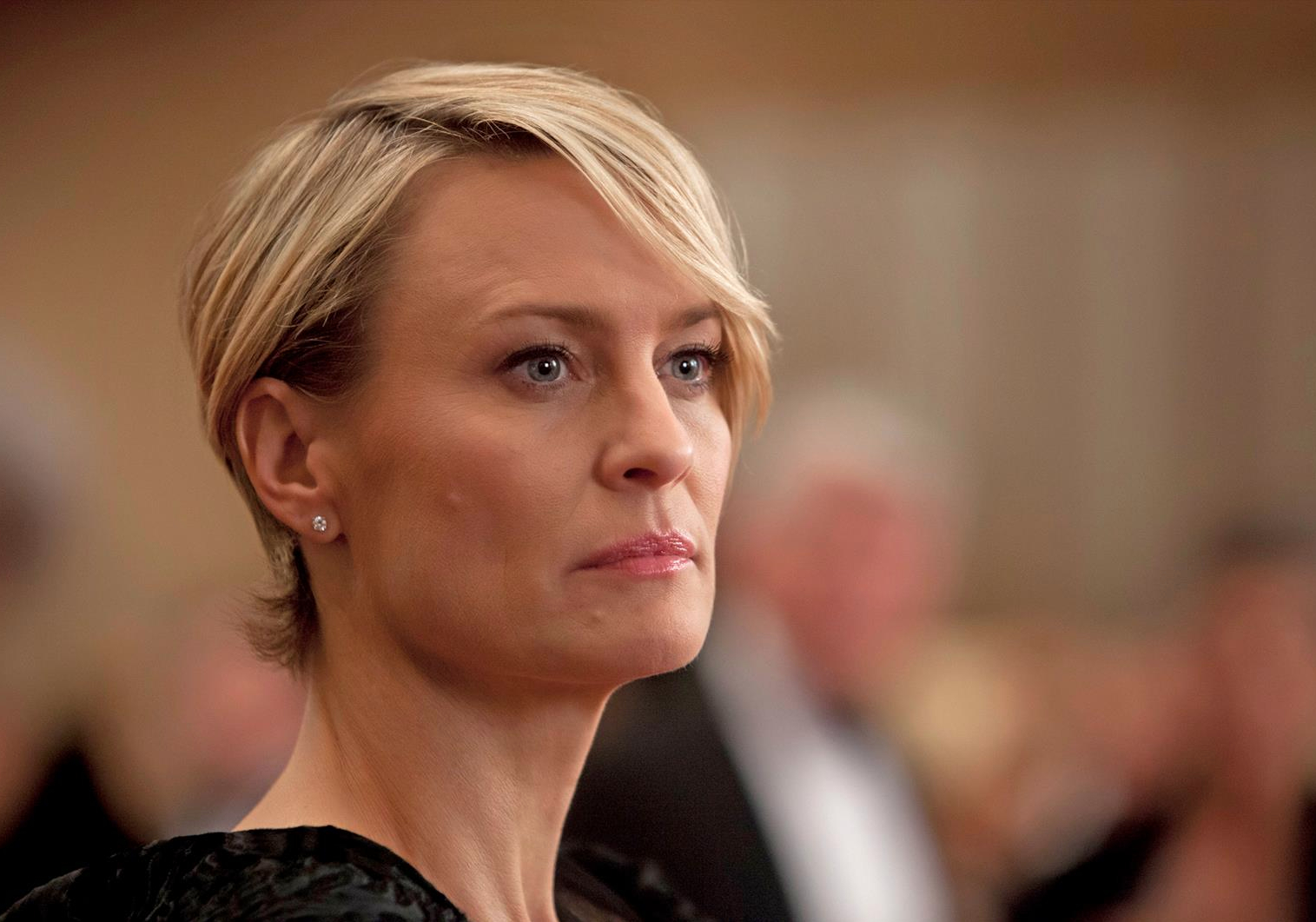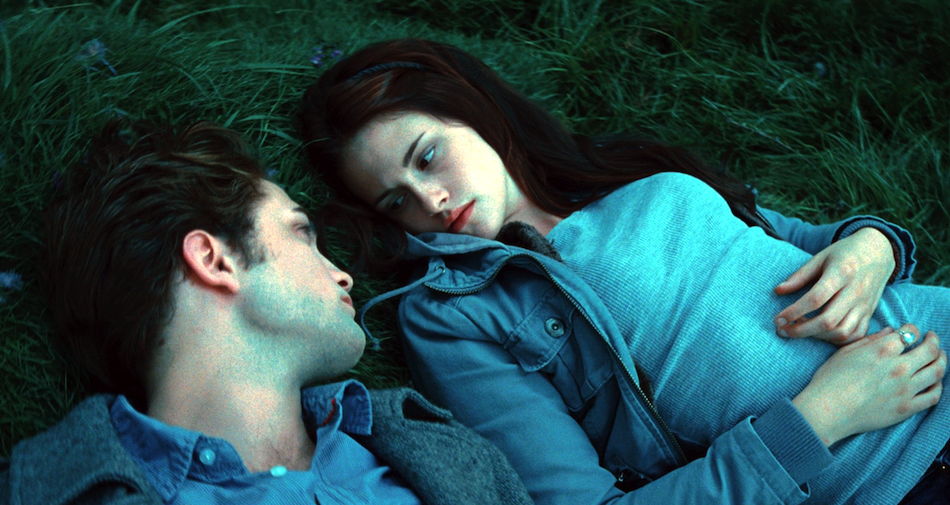Why, as an Intersectional Feminist, I Can’t Get Behind the TV Land ‘Heathers’ Reboot
The television reboot will give marginalized people power that they don’t have in real life. As a result, they cast cis straight white people as the oppressed underclass. This misrepresentation of the real world will ultimately work to reinforce the fallacious idea that marginalized groups are “taking over” and gaining power over white, cis, straight, or otherwise privileged people. … I am not at all against a ‘Heathers’ reboot, but I want one that is progressive and intersectional, one that expands on the feminism of the original rather than scaling it back.
